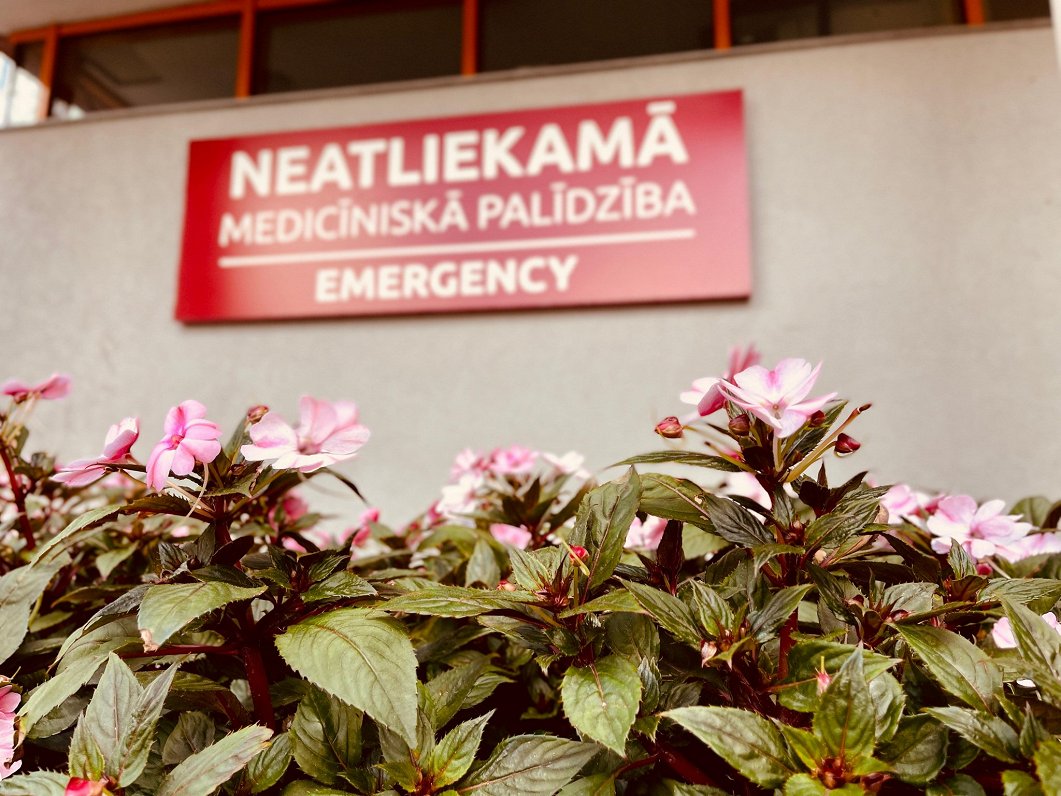For more than a week, doctors at BKUS had been fighting for the life of a four-year-old child, whose family has suffered a diphtheria outbreak. Two more unvaccinated children – the boy's sisters – are being treated at the hospital.
The deadly vaccine-preventable disease diphtheria has been detected in several European countries in recent years. Thanks to good vaccination coverage, Latvia was a diphtheria-free zone until the beginning of September 2024. Due to some unvaccinated children and adults in Latvia, a localized outbreak of diphtheria has started, with four children admitted to the Children's Clinical University Hospital with the illness.
What is diphtheria?
The source of diphtheria infection can be both a person with diphtheria and a healthy person who does not suffer from diphtheria but is a carrier of the diphtheria bacterium.
Most often, diphtheria enters the human body through the tonsils, throat, and nasal mucosa. Diphtheria can be contracted by inhaling air containing microscopic droplets of the bacteria, which are spread by talking, coughing or sneezing by a diphtheria sufferer or a carrier of the bacterium. The infection also has a cutaneous form, when a person becomes infected through a wound.
The incubation period of the disease is from 2 to 5 days, but in some cases, it can be even up to 10 days. Sometimes, at the beginning of the disease, a slightly increased body temperature, weakness, and sweating can be observed. These symptoms gradually progress, and the characteristic signs of diphtheria develop:
-
general weakness;
-
temperature rise;
-
sore throat, redness, swelling, difficulty swallowing;
-
a gray plaque appears on the tonsils, which can spread throughout the throat.
-
in small children, plaque can start from the larynx, in this case cough, hoarseness and difficulty breathing occur;
-
headache and loss of appetite are also possible.
If a person shows any signs characteristic of diphtheria, he or she should be immediately hospitalized, isolated and specific treatment should be started. If you notice signs of diphtheria, contact your family doctor immediately.
More information: https://www.spkc.gov.lv/lv/difterija



























